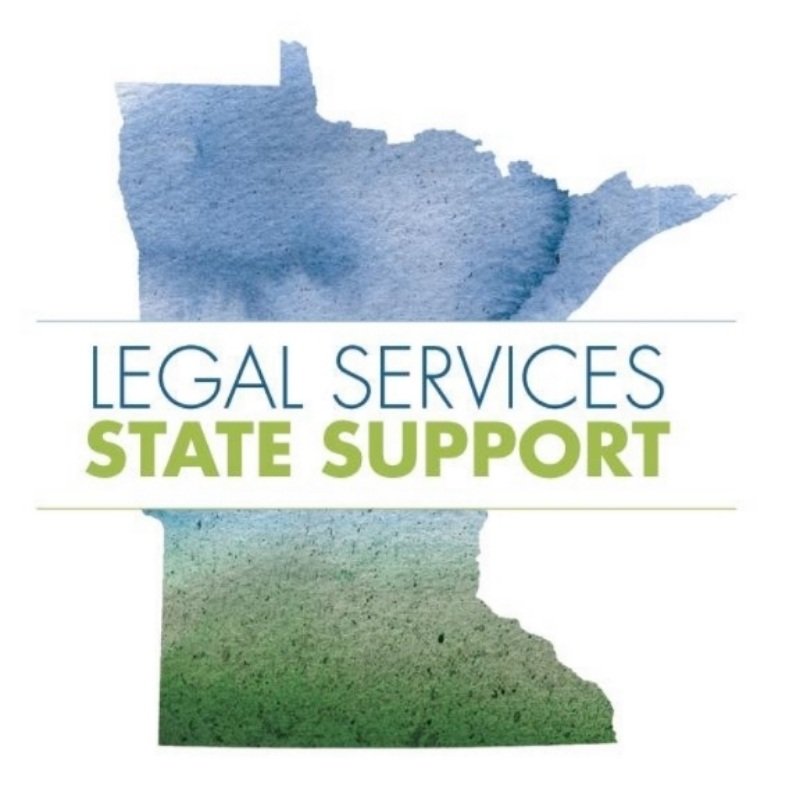Minnesotans with disabilities obtained a significant legal victory on September 27, 2019, when a U.S. Federal District Court declared that the policies and practices of the Minnesota Department of Human Services (DHS) are violating their constitutionally protected due process rights. The ruling from the Court came in the lawsuit of Murphy v. Harpstead, which was filed by a group of individuals with disabilities who live in group homes, called corporate foster care, and who seek changes to Minnesota’s Medicaid service system so that they may live more independent and integrated lives in the community. In granting Plaintiffs’ Motion for Summary Judgment, U.S. Senior District Court Judge Donovan Frank determined that DHS is violating the due process guarantees of the Fourteenth Amendment and the Medicaid Act by failing to inform persons with disabilities that they are being denied a service to help them move to and live in the community. As the Court noted, DHS’s current policies and practices unlawfully force individuals to “wait indefinitely for requested services, never receiving an explanation on the status of the request, and without an opportunity to appeal” those service denials.
Judge Frank also denied DHS’s attempt to have the rest of the case dismissed, determining that Plaintiffs’ legal claims under the Americans with Disabilities Act and Medicaid Act will be allowed to proceed to trial. In denying DHS’ Motion for Summary Judgment, Judge Frank determined that “a systemwide remedy is the only way to provide relief” to improve the lives of people who seek to move out of group homes but are unable to do so under Minnesota’s current system. MMLA’s Litigation Director Justin Perl, lead counsel for the Plaintiffs, stated, “Actions speak louder than words. For decades, DHS has made promises to our clients to provide services in the most integrated setting, and yet it has failed to honor that legal obligation, even though it is responsible for running the very program at issue in the suit. The current system is chock full of problems, and we are prepared to take the case to trial to protect the rights of the class members who have waited too long for DHS to do its job. We believe this case will improve the lives of all individuals living in group homes, by informing them of their housing options and supporting people with disabilities in an integrated setting in the community, just like people without disabilities. We need a consistent statewide system, as Judge Frank recognized, not one that is often dependent on the county in which one lives. It is time for DHS to stop shirking its responsibility to some of the most vulnerable members of our society. If it chooses not to do so, we are prepared to take the matter to trial in order to protect the rights of our clients.”
Mid-Minnesota Legal Aid’s Disability Law Center is representing the Plaintiffs in the lawsuit with co-counsel Anthony Ostlund Baer & Louwagie P.A and Nichols Kaster PLLP.



